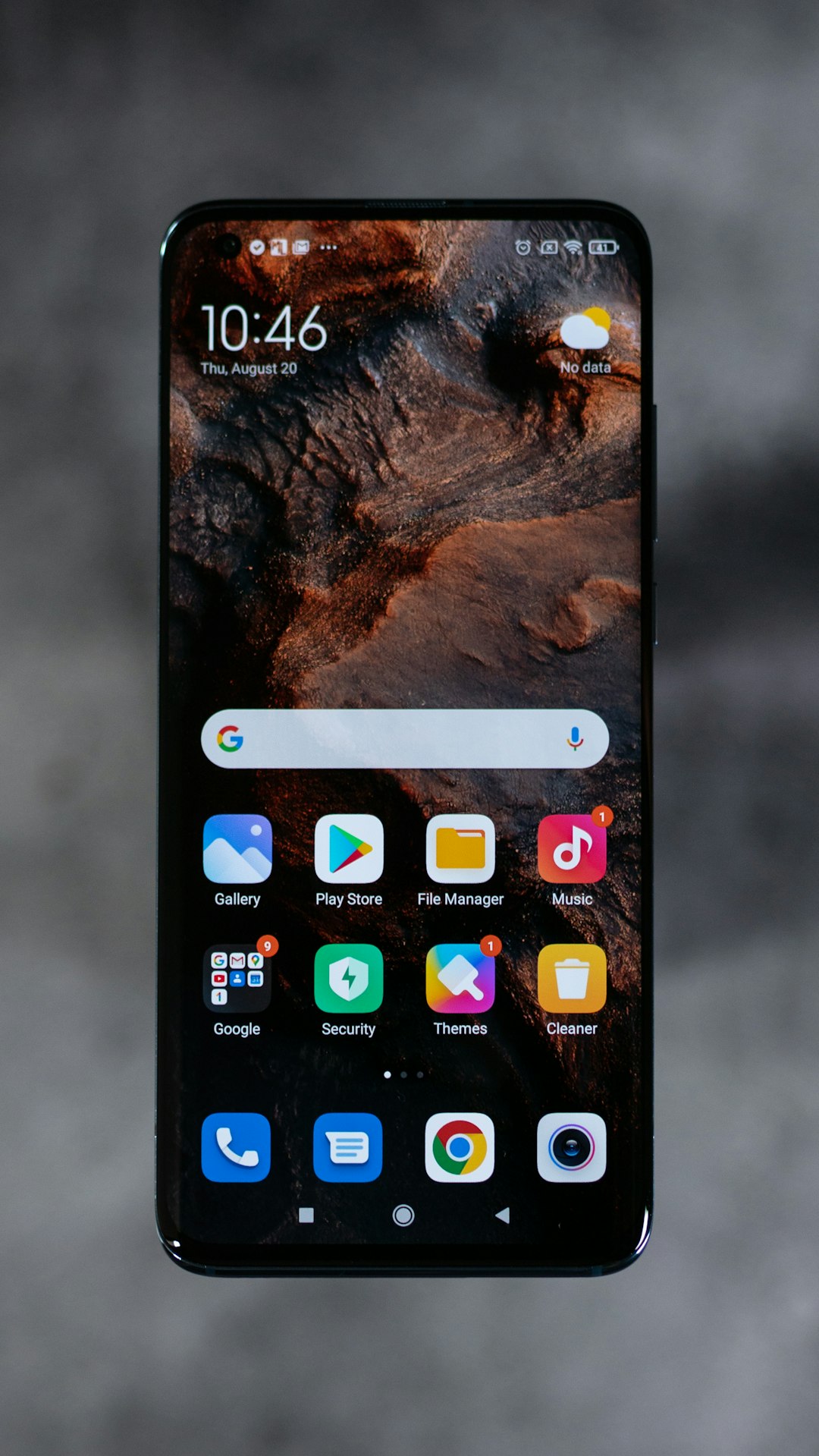In today's digital age, autodialers have transformed sales and marketing in San Antonio, but their use is governed by complex legal frameworks. Businesses must navigate California's Consumer Legal Remedies Act (CLRA) and Texas's Telephone Consumer Protection Act (TCPA) to avoid fines and protect consumer privacy. An expert autodialer attorney in California is crucial for understanding these laws, ensuring compliance, and leveraging autodialers ethically for lead generation while respecting individual opt-out rights.
In the digital age, autodialers have transformed how businesses connect with customers. San Antonio, a bustling Texas metropolis, has seen the rise of these automated technologies, offering both opportunities and challenges. This article explores the legal framework surrounding autodialers in California, focusing on consumer protection and business compliance. From understanding the technology’s impact to navigating complex legal landscapes, we delve into key aspects like permissible use cases, exceptions, and the crucial role of an autodialer attorney in ensuring regulatory adherence.
Understanding Autodialers: The Technology and Its Impact in San Antonio

In the dynamic landscape of communication technology, autodialers have emerged as powerful tools for businesses in San Antonio, streamlining sales and marketing efforts. These automated dialing systems use advanced algorithms to make a large number of calls quickly, allowing companies to reach potential customers on a massive scale. However, the rapid adoption of autodialer technology has also raised important legal considerations that require careful navigation. An experienced autodialer attorney California is crucial to ensure compliance with the complex regulatory framework surrounding this innovative yet controversial practice.
The impact of autodialers in San Antonio is profound, particularly within the sales and marketing sectors. Businesses leverage these systems to deliver personalized messages, collect leads, and drive conversions. However, the automated nature of autodialing often blurs the lines between effective outreach and potential invasion of privacy. Legal frameworks, such as those governing telemarketing practices, have been developed to address these concerns. Understanding these regulations is paramount for businesses aiming to harness the benefits of autodialer technology while avoiding legal pitfalls that could damage their reputation or result in substantial fines.
Legal Landscape: Texas and California Laws Regulating Autodialing

In the context of autodialing, understanding the legal landscape is paramount for businesses and autodialer attorneys in San Antonio. Texas and California have distinct laws regulating this practice. California, known for its stringent consumer protection laws, has the Consumer Legal Remedies Act (CLRA) which specifically addresses telemarketing practices, including autodialing. This law prohibits unsolicited telephone calls using an automatic dialing-announcing device unless certain conditions are met, such as prior consent from the recipient.
On the other hand, Texas has its own set of regulations under the Telephone Consumer Protection Act (TCPA). Unlike California’s CLRA, the TCPA offers a private right of action, allowing individuals to sue for damages if their phone lines are wrongly targeted by autodialers. Given these differences, businesses and their autodialer attorneys must navigate these legal frameworks carefully to ensure compliance and mitigate potential liabilities in both Texas and California, especially when conducting nationwide marketing campaigns.
Consumer Protection Measures: Rights and Regulations for Residents of San Antonio

In San Antonio, consumer protection measures surrounding autodialers are designed to balance innovative marketing strategies with individual privacy rights. Residents have the legal right to opt-out of automated phone calls from autodialer attorneys in California, ensuring their silence is not compelled. This privilege is protected by strict regulations that govern when and how such calls can be made, limiting intrusive marketing tactics and prioritizing consumer consent.
The Texas state laws offer significant safeguards for San Antonio residents, including restrictions on the frequency of automated calls and requirements for clear opt-out mechanisms. Consumers should be aware of their rights and actively exercise them to avoid unwanted phone communications from autodialer attorneys or any other telemarketers. Understanding these protections is crucial for maintaining a peaceful and respected personal space in today’s digital age.
When is Autodialing Permissible? Key Exceptions and Restrictions

In San Antonio, as in many jurisdictions across California, autodialing is generally permissible under specific conditions. This technology, which uses automated phone systems to make calls en masse, is widely used for marketing and notification purposes. However, there are crucial exceptions and restrictions that businesses and autodialer attorneys must navigate. For instance, autodialers are prohibited from calling individuals on the National Do Not Call Registry or those who have explicitly opted-out of receiving such calls.
Additionally, California law imposes stringent rules regarding the timing and frequency of autodialed calls. These regulations aim to protect consumers from unwanted and intrusive phone marketing. Autodialer attorneys in California play a vital role in ensuring compliance with these laws, as non-compliance can result in significant penalties. Businesses must obtain explicit consent before autodialing and provide a clear opt-out mechanism to respect consumer privacy and preferences.
The Role of an Autodialer Attorney: Navigating Legal Complexities in California

In the realm of telecommunications and marketing, an autodialer plays a pivotal role in reaching out to potential customers through automated phone calls. However, the use of such technology is governed by stringent legal frameworks, especially in California. Here, an autodialer attorney steps into the crucible, serving as a guide through the labyrinthine legal complexities that surround these systems. Their expertise is vital for ensuring compliance with state and federal regulations, particularly concerning privacy rights, consumer protection, and anti-spam laws.
An autodialer attorney in California specializes in navigating the intricate web of rules that dictate how automated phone calls can be made. They assist businesses in obtaining necessary permits, crafting consent management strategies, and designing systems that respect consumer preferences. By doing so, these legal professionals foster a vibrant and ethical business environment, ensuring that companies utilizing autodialers do not inadvertently infringe upon privacy rights or face hefty penalties.






